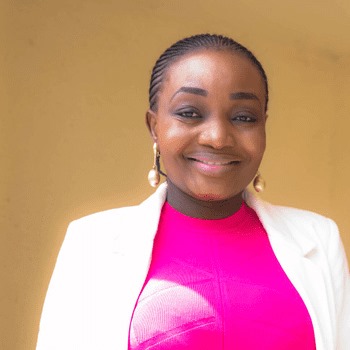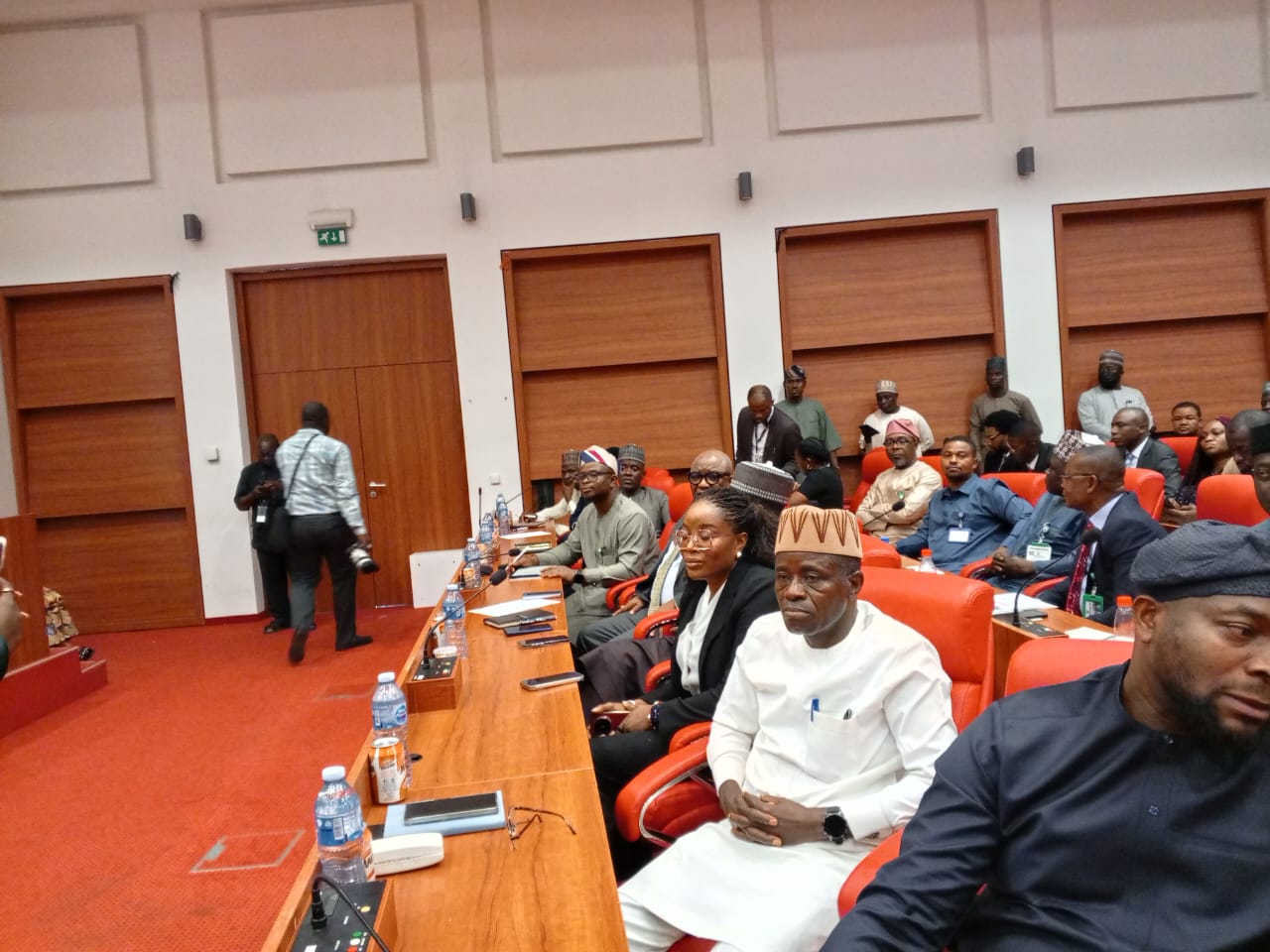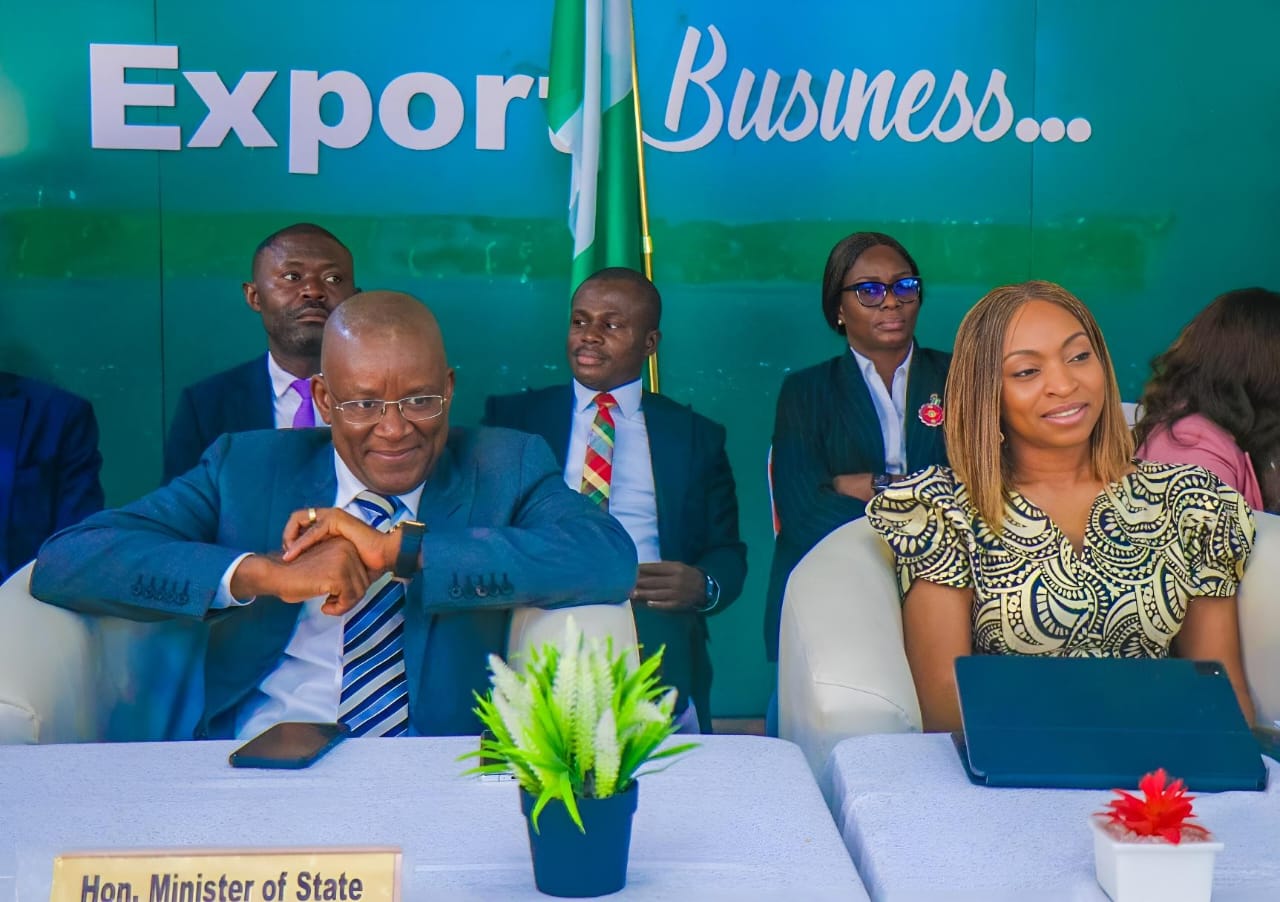Astro-IoT, In Partnership with CBSSA Unleash Internet of Things for Light Pollution Control, Space Science Development to Leverage on Sustainability in Nigeria
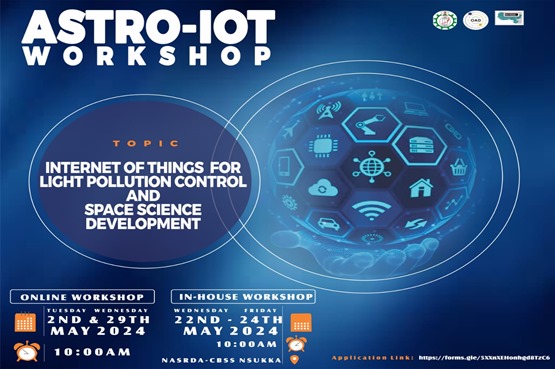
By Fatima Saka
The Astro-IoT team Nigeria, in collaboration with the Centre for Basic Space Science and Astronomy, an activity Centre of the National Space Research and Development Agency, has orchestrated virtual and on-site workshops focusing on internet of things for light pollution mitigation and advancement in space science.
The workshops are designed to explore sustainable strategies for addressing light pollution by utilizing sophisticated python programming, Esp boards, and sensors to empower the participants.
The recently conducted workshops engaged participants in a series of sessions led by science experts throughout the months of May, June and July.
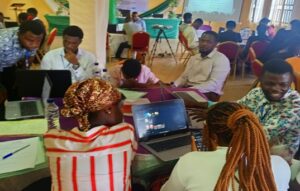
Employing a citizen science approach, the workshops aimed to educate attendees on the impact of light pollution on observational astronomy, methods for reporting dark sky visibility using various applications, techniques for becoming advocates for dark skies, and the art of astrophotography.
The online workshops took place on May 2 and 29, 2024, while the on-site workshop was conducted from May 22 to 24, 2024.
Furthermore, the on-site workshop attracted over 65 participants, including students from reputable institutions such as the University of Nigeria, Maduka University, Chukwuemeka Odumegwu Ojukwu University, and Afe Babalola University.
During the on-site workshop, Dr. Bonaventure Okere, the Director of the Centre for Basic Space Science and Astronomy, Nsukka, encouraged students to seize this opportunity to familiarize themselves with fundamental programming languages and tools essential for research and development.
The Director of the Centre for Basic Space Science and Astronomy motivated participants to embrace the role of citizen scientists and advocates for dark skies by actively participating in citizen science initiatives.
The two-month follow-up and mentorship program for the projects will continue through July, offering participants the necessary guidance to delve into advanced programming.
The workshop lectures covered topics such as the pale blue dot concept and humanity, as well as the repercussions of light pollution on optical astronomy.
Technical sessions during the workshops included an introduction to automation systems and internet of things (with a specific focus on light pollution management), embedded systems and designs, an overview of python and its installations, an introduction to micro python and ESP boards, simulation of a city scenario and its light pollution regulation through automation, and a citizen science approach to light pollution management.
The project was facilitated by Engr. Lanre Daniyan, Engr. Ezechi Nwachukwu, Engr. Donatus Nwagbara, Egbuim Timothy C., Chukudi Obiageli Augustina, Njoku-Achu Nnaemeka, Williams Onyinyechi, and Augustine Eekwueme.
Assessment of the project utilizing pre- and post-test questionnaires revealed a substantial 55% increase in knowledge.

